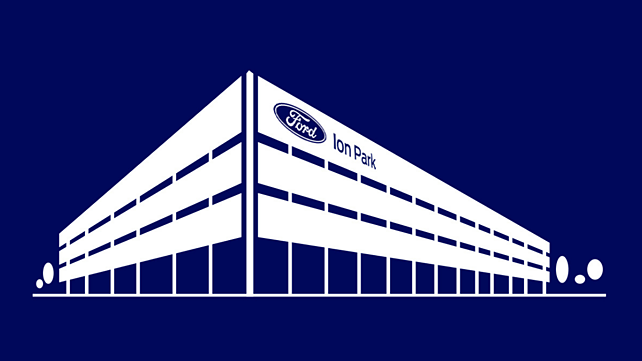
American automaker Ford has zeroed in on Romulus, Michigan, to be the home of its new global battery centre of excellence – Ford Ion Park.
The facility aims to accelerate the company’s research and development of battery and battery cell technology – including future battery manufacturing.
A new collaborative learning lab opening next year, Ford Ion Park represents $100 million of Ford’s $185 million investment in developing, testing, and building vehicle battery cells and cell arrays. It is part of the company’s $ 30 billion investment in electrification by 2025 and a renewed commitment to making Michigan a centrepiece of its focus on EVs.
The Ford Ion Park team is working with experts across the company from mines to recycling, including experts at Ford’s previously announced Battery Benchmarking and Test Laboratory, Ford Customer Service Division, plus critical suppliers and partners.
In 2010, global automaker committed to making Michigan its centre of excellence for electric vehicles and chose the lab’s Romulus location with collaboration and expedited tech sharing in mind. The company has committed to assembling its all-new, all-electric Ford F-150 Lightning, with foreign and domestics parts, at the Rouge Electric Vehicle Center in Dearborn, Michigan. The company also repositioned its half-century-old Van Dyke Transmission Plant in May – renaming it the Van Dyke Electric Powertrain Center and expanding its product line to produce electric motors and electric transaxles for hybrid and fully electric vehicles.
Anand Sankaran, Director, Ford Ion Park, said the company is already delivering on its plan to lead the electric revolution with strong new vehicles, including Mustang Mach-E, 2022 E-Transit available late 2021 and the 2022 F-150 Lightning available from spring next year.
In addition, the new lab will help Ford speed up the battery development process to deliver even more capable, affordable batteries and is part of Ford’s renewed commitment to making Michigan a centrepiece of its focus on EVs, he added.